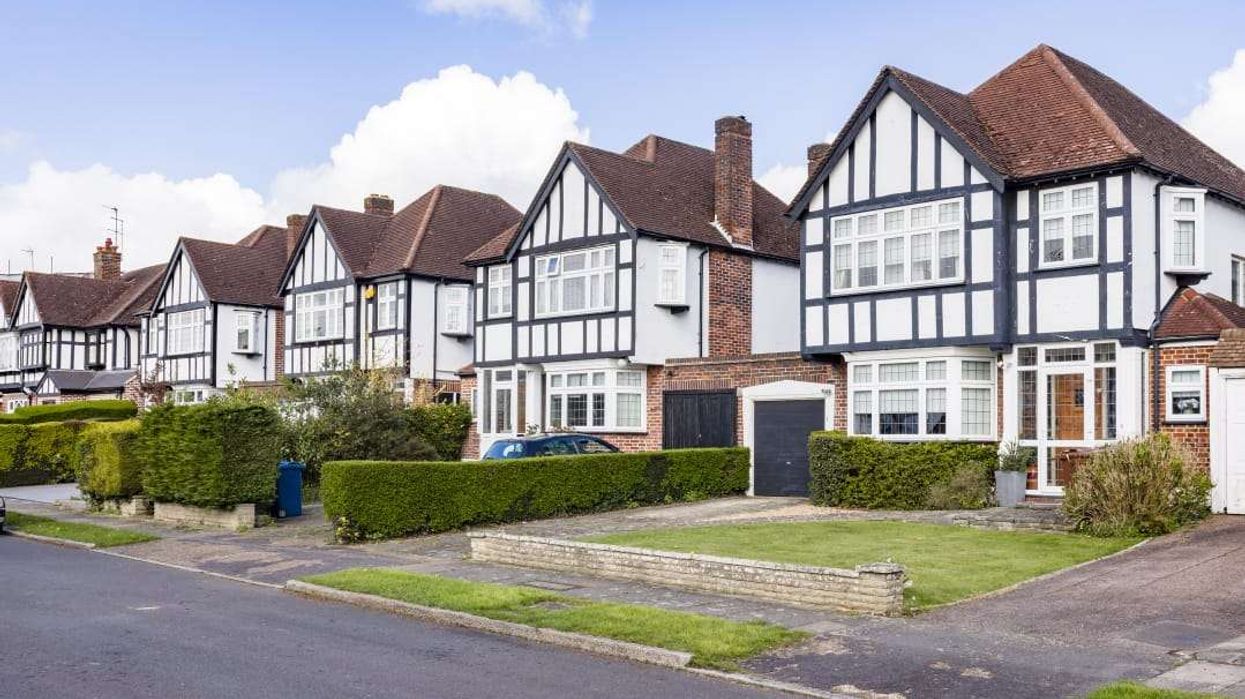Highlights
- Detached property sellers make average of £122,500 compared to just £27,000 for flats.
- London sellers unlock £130,000 in capital gains, enough to buy a home outright in Northern England.
- Indian households lead ethnic minorities with 68 per cent homeownership rate.
Bigger homes, bigger profits
Sellers of detached homes have made more than four times the profit of flat owners over the last 18 months, new figures from Zoopla reveal, highlighting how home size has become a powerful driver of wealth.
Those selling detached properties banked an average profit of £122,500, while flat sellers made just £27,000 – less than a quarter of what detached homeowners gained. The analysis of property sales data shows that bigger homes command a clear premium in today's market.
Overall, sellers in England and Wales made an average gain of £72,000, representing a 38 per cent increase in value since they bought their property. The average seller had owned their home for nine years before putting it on the market.
Semi-detached homes also delivered strong returns, with sellers making £80,000 on average (44 per cent increase). Terraced properties yielded gains of £64,250 (40 per cent increase). However, flats significantly lagged behind with only a 15 per cent increase in value.
The poor performance of flats reflects changing buyer preferences. High mortgage costs and the desire for more space are driving demand away from flats towards houses with gardens and extra rooms.
Communities grow wealth
Strong demand for homeownership continues across different communities. Government data shows Indian households lead ethnic minority groups with a 68 per cent homeownership rate, just behind White British households at 70 per cent. In London, Indians have become the city's biggest property owners, with many investors spending between £290,000 and £450,000 on properties.
London sellers saw the biggest cash gains, unlocking an average of £130,000 – enough money to buy an average-priced home outright in 11 local authorities in Northern England. The South East followed with average gains of £94,000.
However, regional markets showed strong percentage returns. Wales, the North West, and the Midlands all recorded growth of 41 to 45 per cent, meaning buyers who purchased cheaper homes still made good profits. In Wales, sellers gained an average of £65,000, while the North East saw the lowest gains at £35,000.
The analysis revealed an unusual "tenure trap" for some homeowners. Those who sold after owning their property for 15 to 20 years actually made less money than people who sold after 10 to 15 years. In Northern England, the 15-20 year group made £45,000 – £30,000 less than those who held for 10-15 years. This reflects the slow recovery in house prices after the 2008 financial crash.
Richard Donnell, executive director at Zoopla, noted "British homeowners are sitting on sizable capital gains from years of historic house price inflation which varies widely by geography and property type. The scale of gains from historic price inflation is unlikely to be repeated in future."
He warned sellers to be realistic about pricing. "Estate agents currently have the highest stock of homes for sale in over 7 years. Homes that attract limited interest and require a price reduction can take twice as long to sell."
For south Asian families looking to invest in property, detached homes continue to offer the strongest returns, combining space, privacy and proven profit potential.





